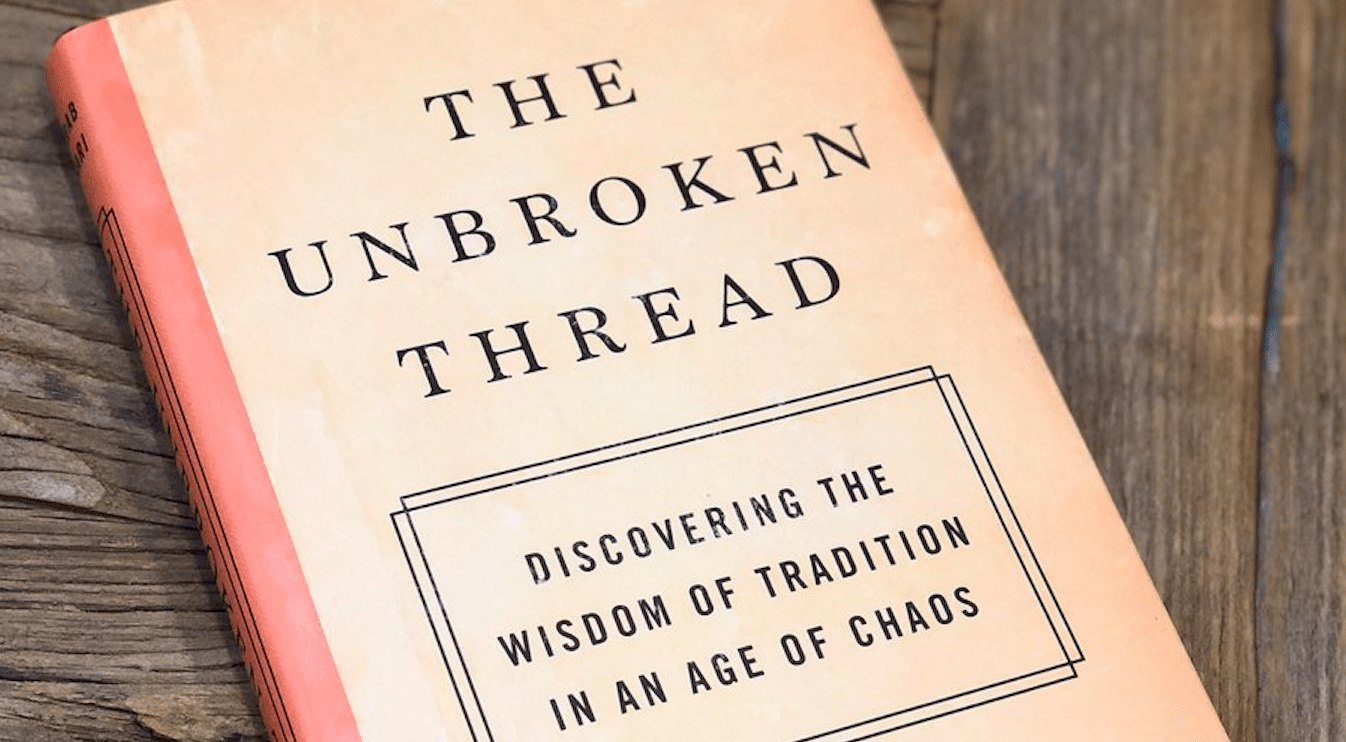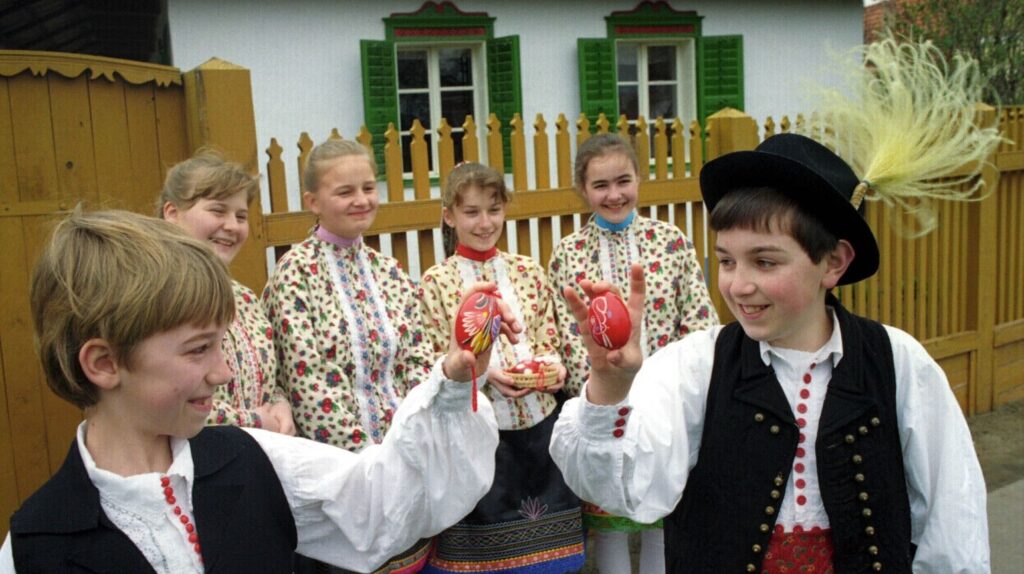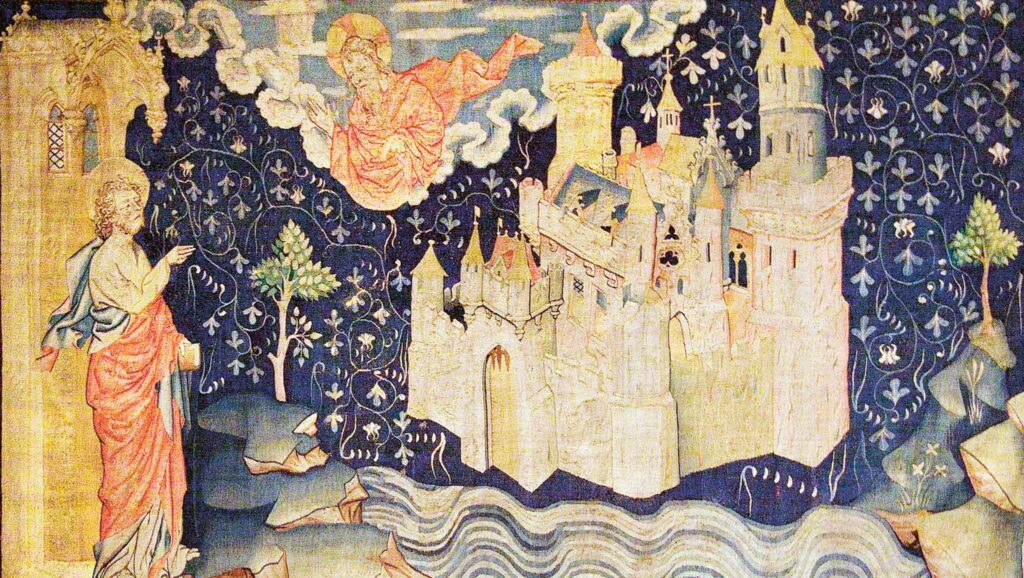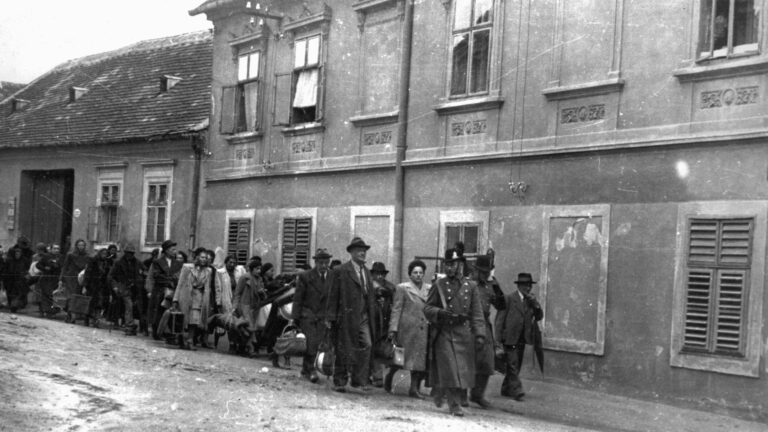Review of Sohrab Ahmari’s The Unbroken Thread: Discovering the Wisdom of Tradition in an Age of Chaos
We live in anxious times. We are constantly worried, one way or another, as if it was essential to our existence. Despite the fact that we are constantly bombarded with digital campaigns and every second billboard shouts to us how free we are to choose our career, location, political opinion, love, or even our sex, we do not feel secure and confident. We are under pressure and we do not know why. Because of this, we often look desperately for temporal solutions. This process of alienation has only been accelerated by the outbreak of a global pandemic.
Any anxious behaviour occludes rational thinking. Our environment, possible events, or threats are likely to be assessed inaccurately, given the distorted lens through which we see them. In an anxious state, stability and progress become relative. This limits the time available to give any meaning to one’s decisions and actions. Lastly, it prevents a person with constant anxiety from connecting to either the past or the reality of the present, or from making plans for the future. What is apparent is that those experiencing anxiety are not free, and are somehow captive to their fears.
‘If sacrificial love and freedom persist today, they do so in spite of, and no thanks to, our reigning worldview’, reads one of the most salient lines of The Unbroken Thread: Discovering the Wisdom of Tradition in an Age of Chaos (Convergent Books, 2021), a new book by the American journalist and writer Sohrab Ahmari. He offers an antidote to our civilizational anxiety which, he thinks, through the disorder it has created, gradually breaks down real freedom and both intellectual and economic prosperity.
Fortunately, Ahmari does not fall into the classic trap of whining about the decadence of the current era and praising a particular golden age, while offering no real advice apart from ‘stay strong and read classics to your children’
Rather he takes the high road where his anxieties strike him most acutely, confronting the future he foresees for his two-year-old son, Maximillian, to whom he dedicated his book. He knows that coming from a well-off American family, and having exceptional financial, academic, or travel opportunities, do not guarantee that he will make good decisions about his life. But what does good even mean anyway? As the book’s leitmotif suggests, his reality would more likely put him in a prison of confusion as the result of the West’s current obsession with defining itself on its own terms, creating ‘a kind of El Dorado, driving to madness the many who seek after it’, while simultaneously being deprived of the knowledge and wisdom that tradition has to offer.
But why look for scapegoats if the enormous impact of traditional thinking on both academic and personal levels could speak for itself? Maximillian is named after the Franciscan friar and Polish martyr Saint Maximilian Kolbe, who volunteered to die in place of a stranger in Auschwitz. His story is the first of the dozen that are attached to questions which Ahmari believes ultimately can not be left unanswered. Questions like ‘Does God need politics?’, ‘Can you be spiritual without being religious?’, or more ‘worldly’ ones such as ‘Is sex a private thing?’, or ‘What is freedom for?’. These are profound enough to help us understand our era, which wants to turn away from tradition, and is therefore unable to provide any real answer to these questions.
It should come as no surprise that Ahmari, who was an atheist before converting to Catholicism, lists many Catholics among his examples. John Henry Newman, Saint Augustine, Saint Thomas Aquinas, and cultural anthropologists Victor and Edith Turner all appear in support of various arguments. This impressive team, however, is not limited to Catholics or Christians (like C. S. Lewis) only. One gets the opportunity to learn about the importance of ‘taking a day off with God’ from Rabbi Abraham Joshua Herschel, or to consider the Stoic philosophy of death through the life and teachings of Seneca. After all this, one does not expect to run into the radical feminist activist Andrea Dworkin, but Ahmari makes the best use of the lessons of her life. This quite mixed and unusual company is properly selected, and helps the author to draw parallels between such figures.
Ahmari serves as a guide to this pantheon of tradition, and performs his role well, albeit with the shortcomings such a role involves. We are able to take a quick look at every ‘hall’, hear the story, the (mostly profound, well- structured) argument, and a short conclusion, but meanwhile we are already moving on. Selecting his examples from a larger ‘pool’ of heroes definitely serves a purpose, but it also breaks up the unified argument that might be desired from a ‘traditionalist’ point of view. Many of his readers may ask a valid
but disturbing question, ‘Which God is he referring to in the questions?’, since major figures of at least four different creeds (if not more) can be found throughout the chapters. These problems, however, seem to be largely ignored in the book, which might disturb the reader, especially when a practical but philosophically rigorous text is promised.
The Unbroken Thread makes a positive case for traditional thought in our complicated twenty-first century
Unlike the loud and bloody scandal of twentieth-century totalitarian ideologies, today the respect for tradition, continuity, and constancy is vanishing silently, while often attacked and put into the same box with dangerous, truly radical ideas. Might liberalism, as Newman states, have created false liberty of thought? In our culture we are taught, without being aware of it, to choose limitless individualism over freedom within meaningful limits. The roots of our anxiety and disoriented insecurity might be found in a grave misunderstanding of the objective of our liberty. To resolve this, the author suggests, the man of tradition ‘must begin by restating the fundamental human dilemmas his contemporaries have forgotten or would prefer to ignore’.
However, while this future advocate of tradition might differ radically in lifestyle and general circumstances from the ones that preceded and inspired him, his search for meaning will be accompanied by the same, crucial questions. Also, he will hopefully read more Aquinas than Dworkin.








